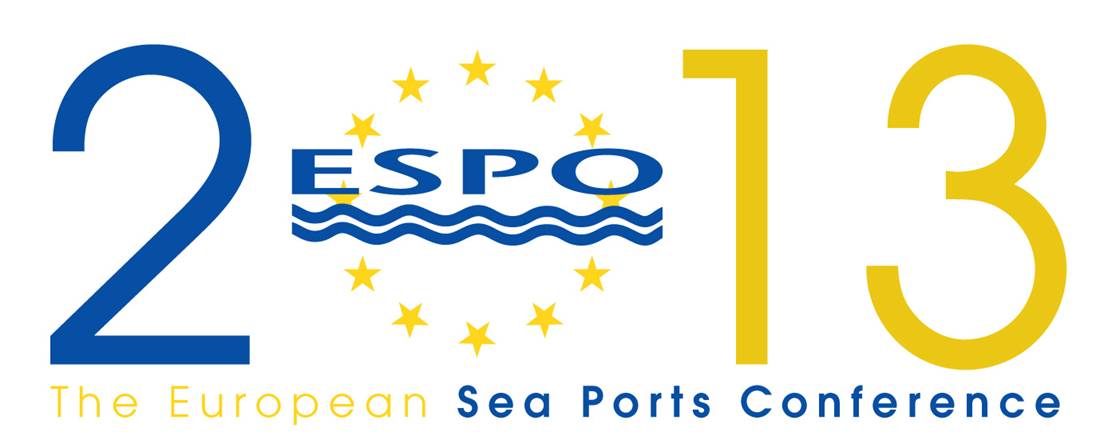International strategies of port authorities were the theme of an interactive session of the ESPO Conference 2013 in Varna which panel included PortEconomics member Michaël Dooms and moderated by PortEconomics ass member Larissa van der Lugt. They were joined by the director of Port of Rotterdam International, Mr. Roger Clasquin, and the CEO of Port of Antwerp International, Gunther Ginckels, who presented both port authorities’ vision, strategy and projects on international development. Prof. Elisaveta Kalinova provided a local Bulgarian perspective on the issue. The public consisted of port CEOs, port senior management, policy makers and consultants.
The presentations and discussions revealed new insights on this emerging topic, both from an industry, policy and research perspective. Both speakers confirmed the risk averseness of both port authorities when it comes to foreign direct investment, and the necessity to directly of indirectly contribute to the home base, either financially or on the level of market and cargo development. An interesting insight of the session is that actually large, multinational costumers increasingly formulate demands to deploy the knowhow of port authorities like Antwerp and Rotterdam in foreign markets, and as such become partners in international development.
Of course, this emerging topic also raises important questions on the level of regional competition between ports, the scope of activities of the landlord port authority (one of the topics of the PPPRN (Port Performance Research Network) Port Strategy cluster, led by Larissa and Michaël), and institutional elements.
Some of these aforementioned issues, both relevant to policy makers, researchers and practitioners are put forward in Michaël’s presentation, which supported the discussion. The presentations of the session will also be made available via the ESPO conference website (www.espo.be).
You may freely download Michael’s presentation @ PortEconomics.












